
Partner content

Study Animal Ecology in a UNESCO Biosphere Reserve
University of the Sunshine Coast

Study Animal Ecology in a UNESCO Biosphere Reserve

University of the Sunshine Coast
If Australia’s Sunshine Coast could be described in just one word, it would have to be “beautiful.” Home to some of the most pristine natural environments on earth, the “Sunny Coast” – as affectionately called by locals – is in the number one spot out of the “100 Most Loved Destinations” in the world, as ranked by the Tourism Sentiment Score®.
The Sunshine Coast’s recent recognition as a UNESCO Biosphere Reserve confirms what we already know – it’s a paradise for all living things, where humans, animals and plants can coexist in harmony.
It’s also a paradise for students and innovative researchers at the University of the Sunshine Coast (UniSC) who take advantage of the Coast’s natural beauty and unique ecology to champion sustainability through teaching, learning and research. UniSC is the only university in the world to have a footprint of campuses which sit under three adjacent UNESCO Biosphere Reserves and K’gari (Fraser Island), a UNESCO World Heritage Site and the largest sand island in the world.
One of these researchers is Associate Professor Kathy Townsend who consistently provides new perspectives and insights on sustainable development. Townsend — who teaches the Diploma in Animal Ecology and Bachelor of Animal Ecology — has won multiple awards for her work on human impact on the marine environment, marine conservation, elasmobranch biology and ecology, and coral reef ecology.
Award-winning lecturers like Dr Townsend and Dr Dominique Potvin are part of the reason UniSC has received a five-star teaching rating (Good Universities Guide) for 17 consecutive years. Faculty members of the School of Science, Technology, and Engineering are as dedicated to personally overseeing the growth of their students as they are to their research.
UniSC is one of Australia’s highest-rated public universities. UniSC is ranked second in Australia and first in Queensland for overall educational experience (2021 Student Experience Survey Data), 160 out of 539 universities around the world (Times Higher Education Young University Rankings 2022), and first in Queensland for “Overall Impact” and seventh in Australia (Times Higher Education Impact Rankings 2022). The THE Impact Rankings are the only global performance tables that assess universities against the United Nations' Sustainable Goals.
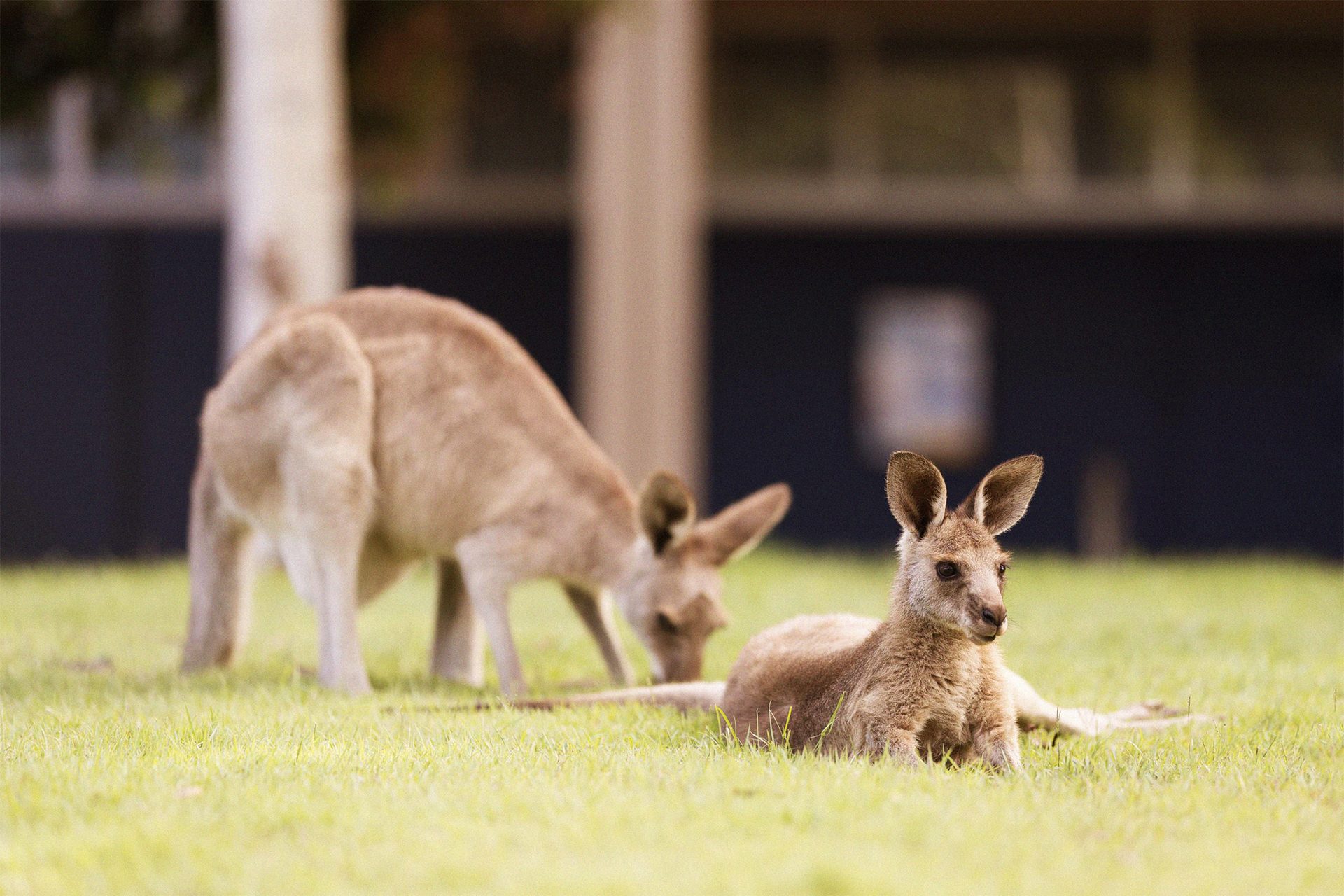
Experience natural beauty first-hand at UniSC
Our young, ambitious university sets itself apart by providing outstanding support and guidance to students. UniSC’s Vice-Chancellor and President, Professor Helen Bartlett says all five of its campuses prioritise equal opportunity through support programmes that help students with disabilities, Indigenous Australians, those who hail from non-English speaking countries or disadvantaged backgrounds, and students from rural and isolated areas.

Pair this with the natural beauty of its region, and it’s a winning combination. Students gain first-hand experience by attending field trips to some of Queensland’s most unique habitats — from their first year of study. UniSC also has a research centre located on K’gari named Dilli Village, with direct access from Hervey Bay and UniSC’s Fraser Coast campus, in addition to fieldwork opportunities on North Stradbroke Island.
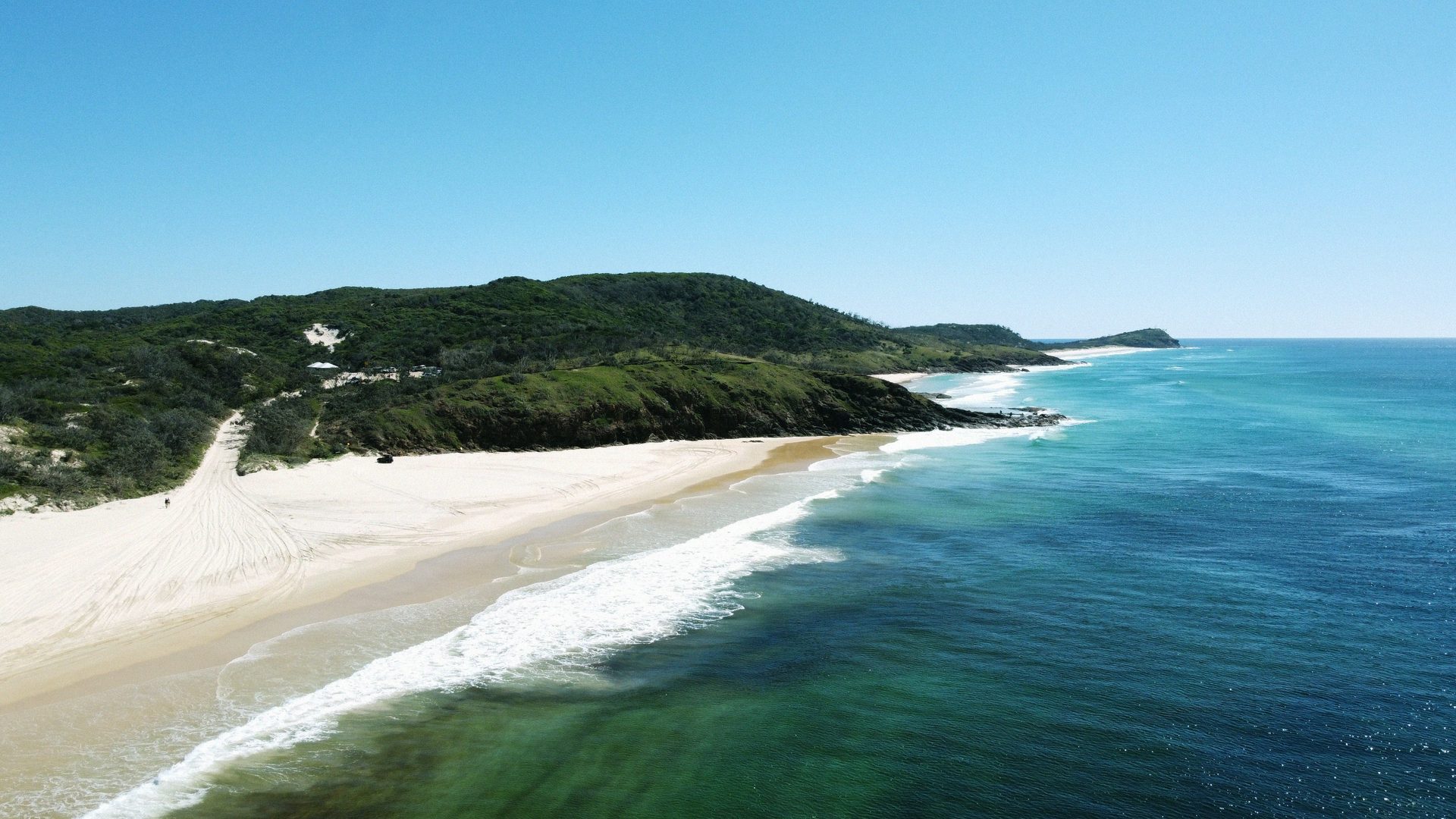
The sky is truly the limit at UniSC. Just ask Koshi Tachieda from Japan who packed his bags and left home to learn more about both marine and terrestrial wildlife and how to protect their natural habitats.
UniSC’s Bachelor of Animal Ecology program, which teaches students about animal conservation, biodiversity, and animal behaviour, fascinated Koshi who is now in his first year of the program.
Koshi describes the Sunshine Coast as “the ideal place” to study Animal Ecology, because in the coming years he will be able to work with leading researchers in the laboratory and accompany them on field trips. UniSC’s programs in Animal Ecology also allow him boundless opportunities — he can undertake a guided research project in an area of his choice, prepare himself for the workforce by doing an internship, or travel abroad as an exchange student. These opportunities are made possible through courses such as “K'gari-Fraser Island Field Studies” and “Workplace Learning I”.
Career-ready, research-focused experts in the making
“I especially enjoyed the field trips as it was fun learning about practical skills, like how to set up trap devices, and collect data for research purposes. I remember going to Stradbroke Island and spotting dolphins, turtles, and koalas with my friends. It was an unforgettable experience.”
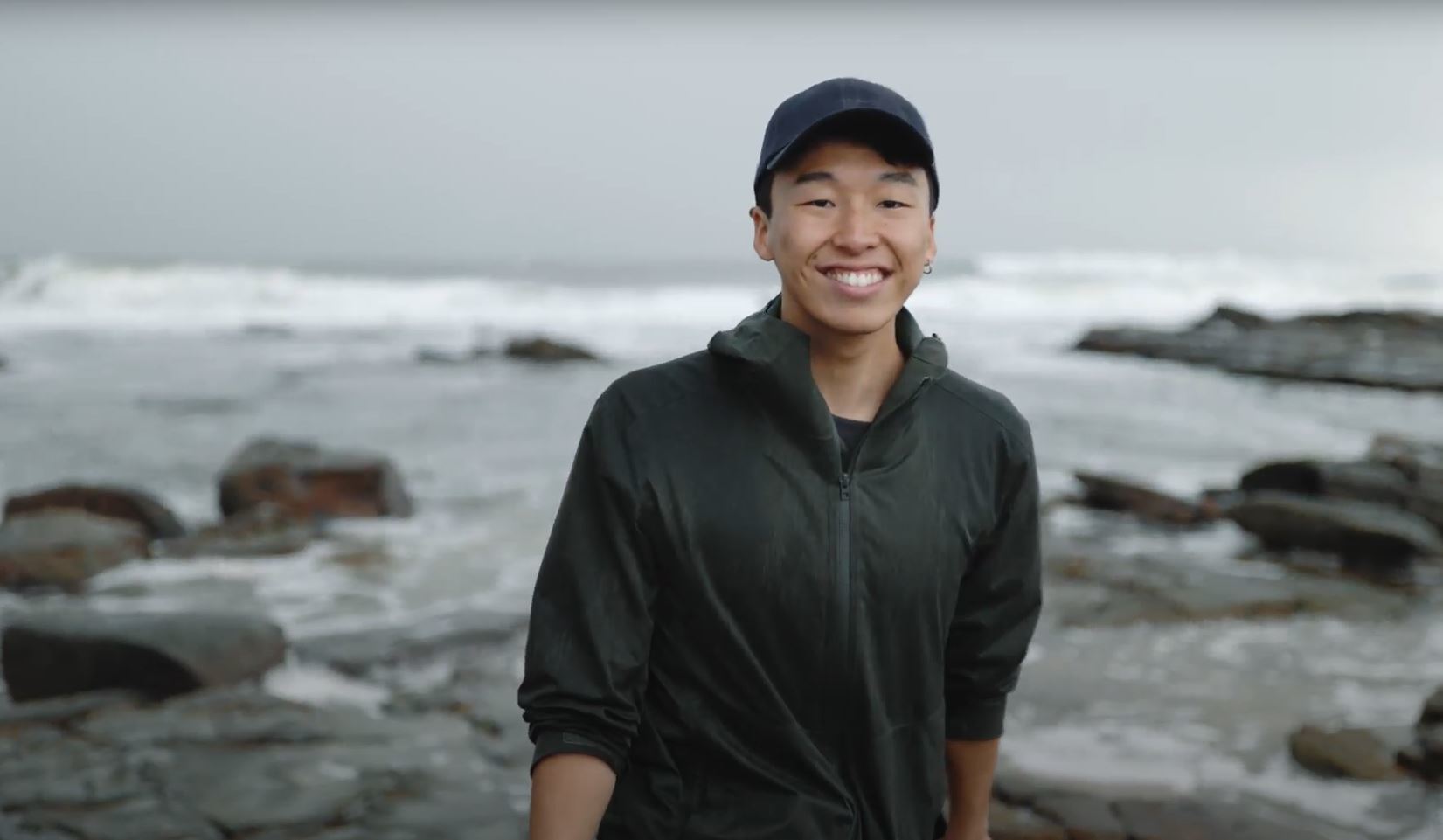
Horizon-broadening field trips
Tina Haagensen, 28, has always been interested and passionate about animals, wildlife and conservation. “I wanted to study something that could lead to a job where I could use this passion, constantly learn, and improve my skills and knowledge,” she says.
All these and more, Tina found at UniSC. The Bachelor of Animal Ecology provided “a great mix of fundamental courses” with the opportunity to later tailor the degree according to her interest and career goals. But what she loved the most was applying this newfound knowledge outside the classrooms and labs. “I enjoyed the field trips, all very valuable to my learning,” she says.
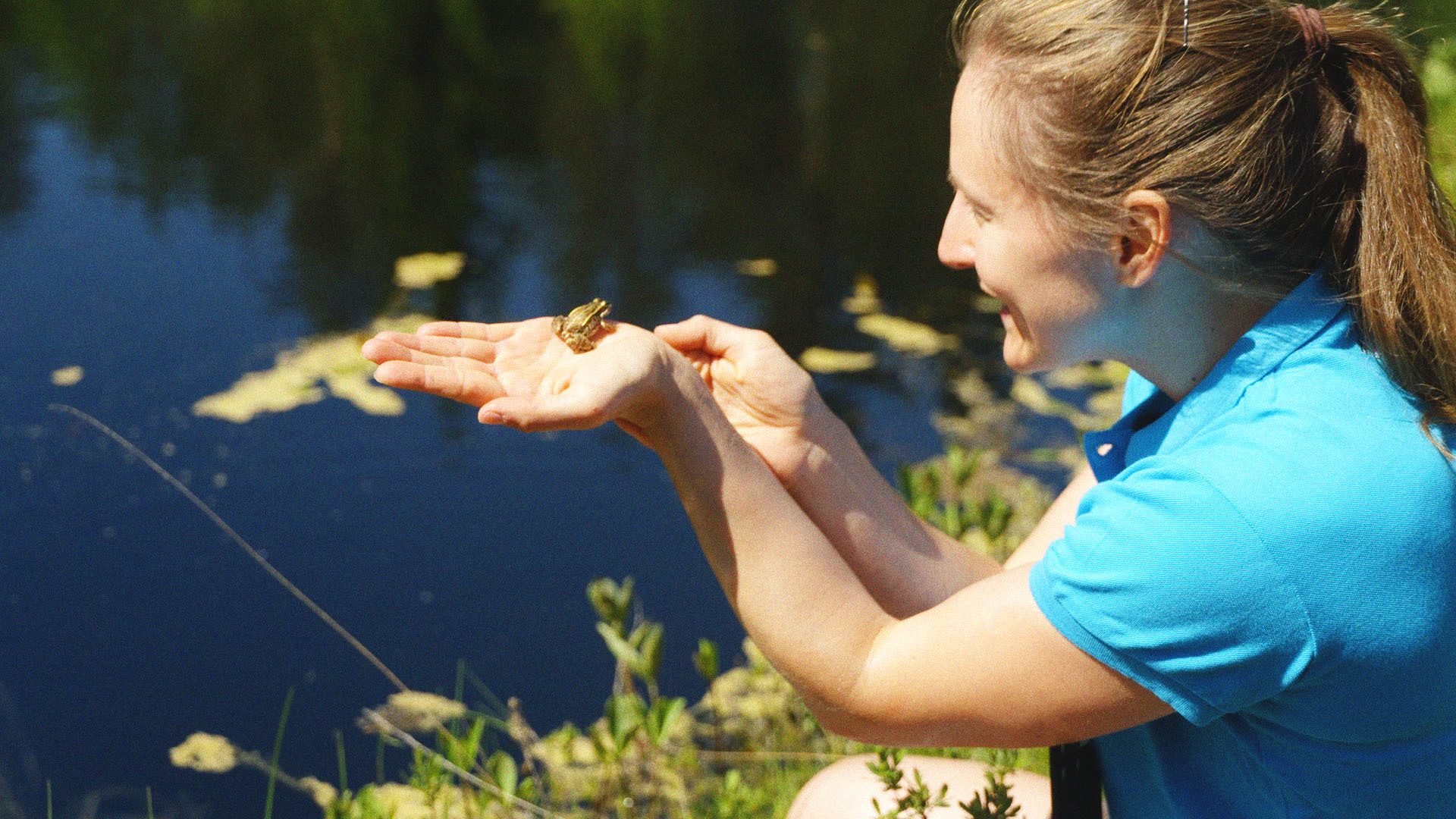
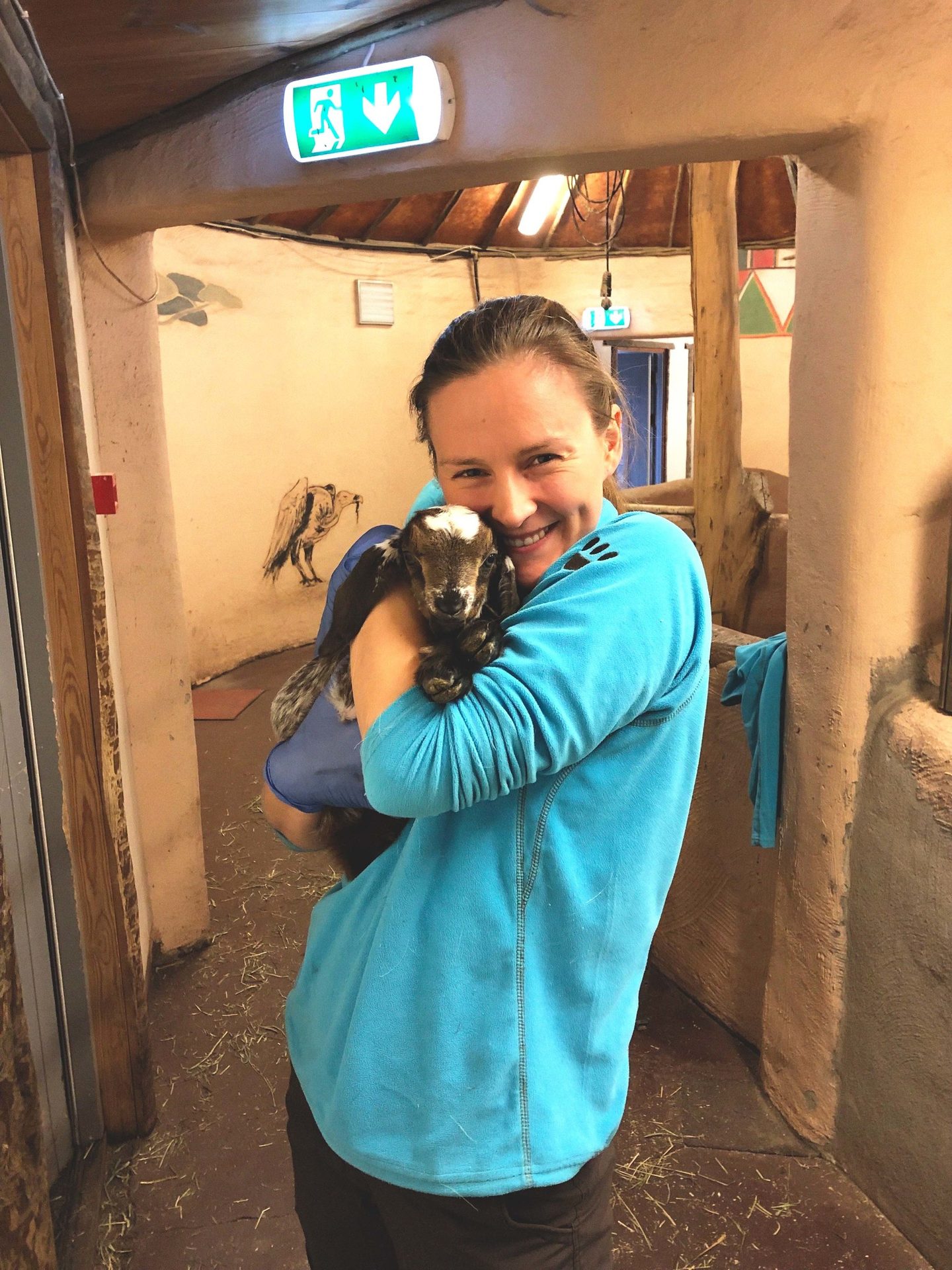
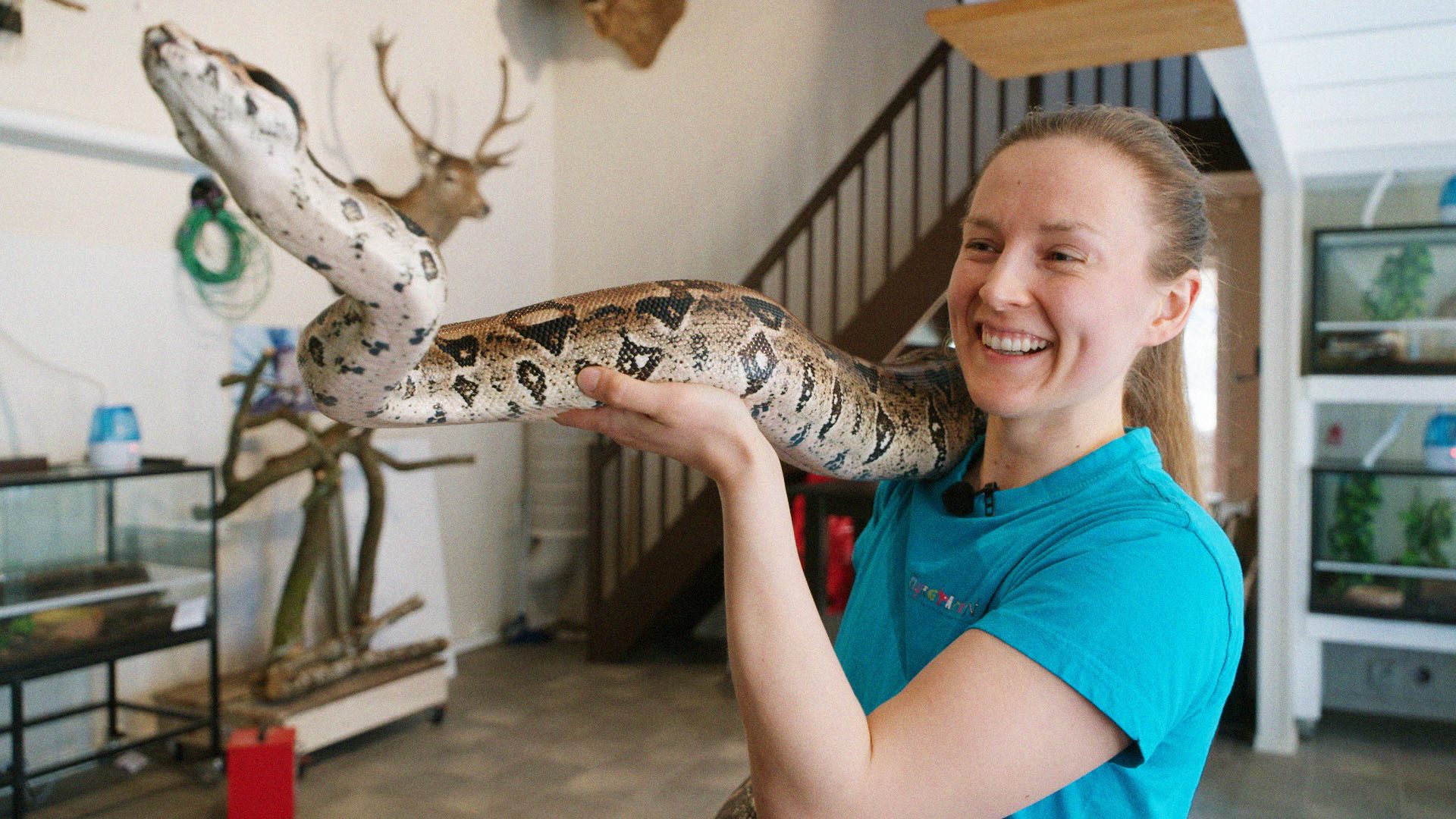
“Applying what you learn in class to real life makes a difference – even when making mistakes – as that can be the best way of learning with the support of staff and co-students.”
Tina also worked at the world-famous Australia Zoo during the semester, and the Kristiansand Dyrepark – a zoo and amusement park in Norway – over the summer break. “I got to be a part of a team which included the zoo’s biologist, veterinarians and vet assistant,” she says. “I shadowed and assisted the biologist with a variety of work tasks and got great insight into what it's like working in a large zoo. This placement was the perfect fit for me.”
Today, Tina is a biologist/vet assistant at the Kristiansand Dyrepark in Norway, using her UniSC education to thrive in the areas of conservation, education and science communication.
Solve the world’s most pressing issues at UniSC
What global challenges can Animal Ecology professionals solve? According to Dr. Ben Gilby, a senior lecturer at UniSC, experts in the field can address global biodiversity loss, climate change, and habitat loss — three of the world’s most imminent concerns.
“The world is suffering significant and ongoing loss of biodiversity, and this is hampering ecosystems all around the world,” he says. “Already from their first year, Animal Ecology students learn about conservation efforts that help to recover biodiversity and threatened species.
At UniSC, students of both the Animal Ecology diploma and bachelor’s programs will tackle these topics by understanding — through coursework — about ecological restoration and its principles, giving students the knowledge and skills to lead projects of their own in the future. Students can also shadow global climate change experts, absorbing insights on how global warming affects animals of all kinds, and how best to overcome the issue.
On field trips, they put their knowledge and skills to practice. In their first year, students can expect to go spotlighting in rainforests, survey mammals around ancient lakes, count birds in coastal dunes, and understand the behaviours of migrating humpback whales, among other incredible experiences.
And what better place to do it than Australia’s beautiful Sunshine Coast?
“The decades 2021 to 2030 have just been declared by the UN as the Decade on Ecosystem Restoration, seeking to alleviate the loss of huge expanses of habitats through active restoration efforts like tree planting.”
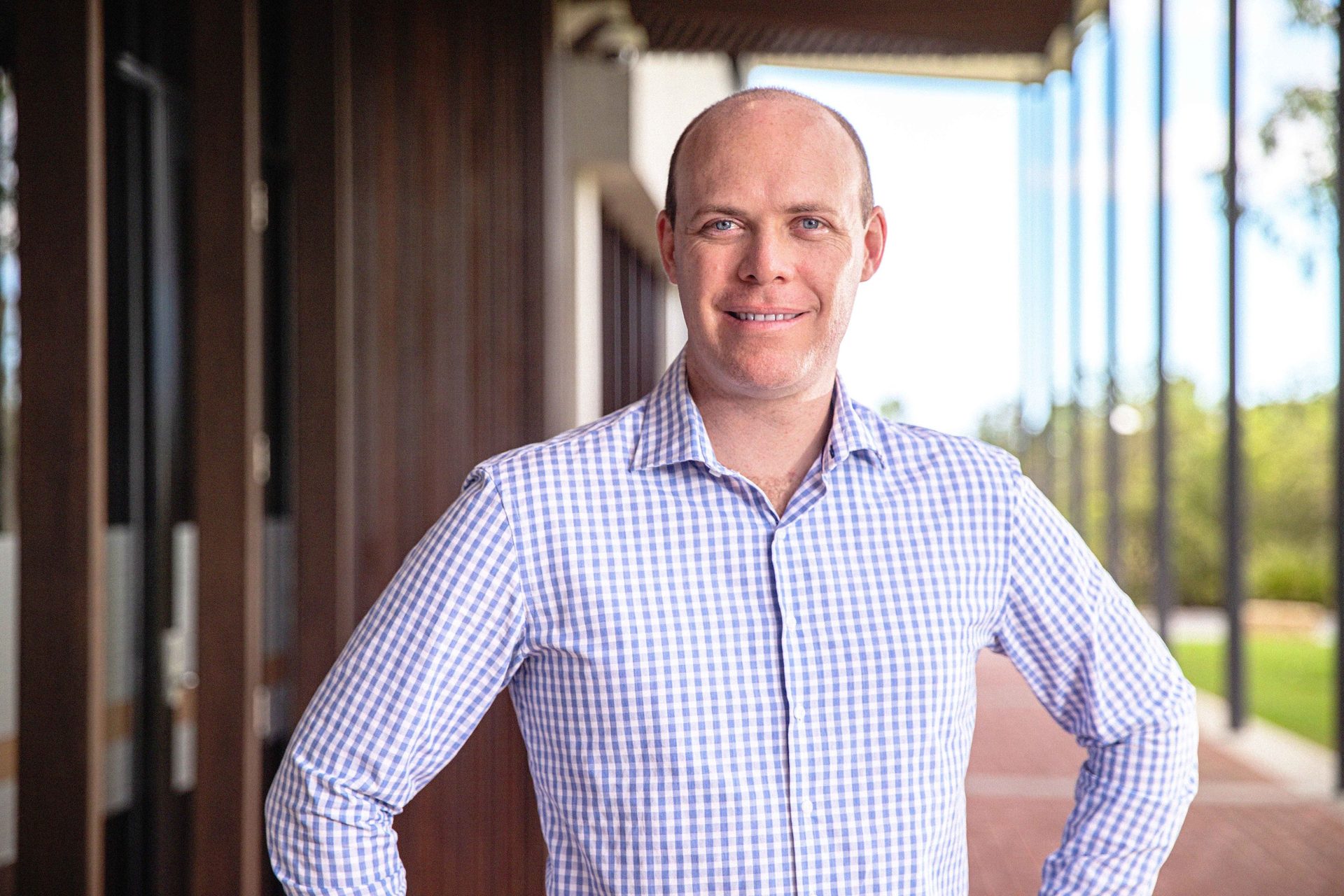
Explore your opportunities in 2023 at the University of the Sunshine Coast.

Copyright © 2022 Study International, official representative of University of the Sunshine Coast (Animal Ecology)